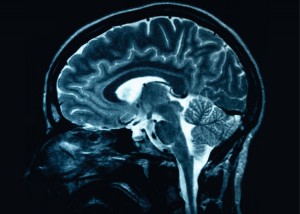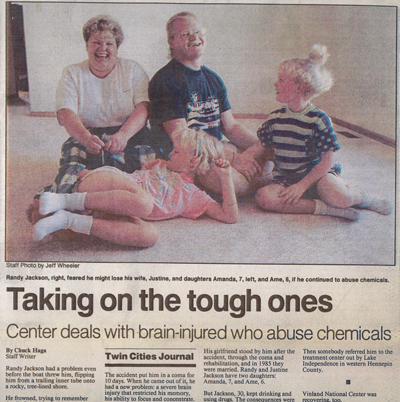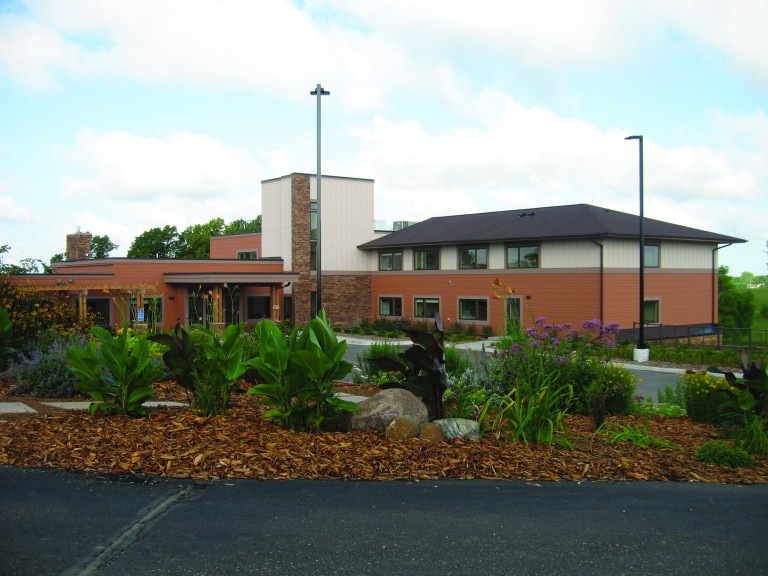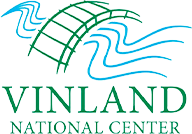First-of-Its-Kind Chemical Health Program Addresses the Needs of Individuals with Brain Injuries
When Vinland began offering chemical health services for adults with brain injuries in 1990, no other organization was providing a similar type of specialized service. Thanks to advancements in medical technology during the 1980s, survival rates for traumatic brain injury (TBI) patients had more than doubled. Services were evolving and expanding in scope to meet the growing demands of this population.
Recognizing A Need
In 1989, Vinland was awarded a grant from the State of Minnesota to assess chemical abuse among persons with head injuries and other cognitive disabilities. Research at the time showed alcohol and drug use were involved with roughly fifty percent of traumatic brain injury accidents, and of those cases fifty percent of the people involved had a previous history of substance abuse.

Unfortunately, brain injury and drugs and alcohol often go hand in hand. People who abuse drugs and alcohol have a higher incidence of sustaining a brain injury — from falling or driving while intoxicated, for example. And the effects of alcohol and drugs only get worse for people after a brain injury.
A study conducted in 1986 identified four factors that increase the risk for substance abuse following a brain injury: increased free time and boredom, enabling by family and friends, uncertainty about the future, and physical and mood changes.
Vinland realized the need for a specialized chemical health program was there.
Understanding the Challenges
After sustaining a brain injury, many people experience devastating physical, emotional, and behavioral changes. While there are similarities between brain injuries, it is important to remember that each injury is unique. Individuals may have few problems or a combination of several problems.
The most common long-term effects associated with brain injury are impairment of memory, decreased self-awareness, impairment of abstract thinking, short attention spans, inappropriate social behavior, changes in mood, impaired communication skills, and problem solving difficulties. These long-term effects impact the skills that are important in traditional chemical dependency treatment programs, which is why many TBI survivors are unsuccessful in those types of programs. Individuals struggling with abstract thinking impairment are unable to move beyond concrete terms to the abstract meanings of simple sayings. These people tend to struggle with the abstract concepts behind Alcoholics Anonymous’ 12 Steps. In addition, short-term memory issues and inappropriate social behavior might be interpreted as resistance to treatment when a professional is not familiar with the common symptoms of brain injuries.
Innovative Program
In 1990, Vinland started the first-ever chemical health program for individuals with brain injuries. The program was designed to accommodate TBI survivors’ barriers to success and increase their chance for long-term sobriety. The new program placed an emphasis on positive reinforcement and low confrontation as a more appropriate way to interact with people living with brain injuries.

The new program proved beneficial not just for adults living with brain injuries, but people living with other types of disabilities such as learning disabilities and mental illnesses. Twenty-five years later, Vinland remains one of only a few treatment centers that provides chemical health services tailored for adults with cognitive impairments.
Whole-Person Approach
Vinland beliefs integrated treatment offers the best outcome for individuals struggling with substance abuse, mental health issues, and cognitive impairments. There are many barriers to achieving long-term sobriety, so Vinland’s program addresses the needs of the whole person – mind, body, spirit.
Vinland provides a variety of complementary care services to meet the needs of its clients. The therapeutic exercise program is the largest and provides each participant with a personalized fitness program designed under the supervision of a fitness and wellness manager. Vinland’s fitness staff works closely with each participant to improve overall physical health and relieve symptoms of chronic pain.
Vinland also offers psychology and psychiatry services, mental health counseling, family programming, traumatic brain injury groups, mindfulness-based stress reduction, and recreation activities.
Program Today
The chemical health program started out as a residential program with 10 beds at Vinland’s main campus in Loretto. Demand for the program grew steadily, and Vinland expanded capacity to meet demand.
Today, Vinland serves individuals with varying cognitive impairments. The majority of our clients are people living with brain injuries, but an individual does not have to have a brain injury to receive treatment at Vinland.

In 2013, Vinland completed a building expansion at its main facility in Loretto. The expansion added 20 beds, new kitchen and dining room, new office space, and renovated therapeutic exercise center. Vinland also expanded office space at its outpatient location in Minneapolis, making it possible to expand services and serve more clients.
Today, Vinland has 61 beds at its main campus, where 500 individuals are served annually on average. The outpatient program in Minneapolis annually serves 100 individuals on average.
Sources: Vinland archives; Jones, G. (1989). Alcohol Abuse and Traumatic Brain Injury. Alcohol World Health & Research, 13(2); Jones, G. (1992) Substance Abuse Treatment for Persons with Brain Injuries. NeuroRehabilitation, 2(1).
